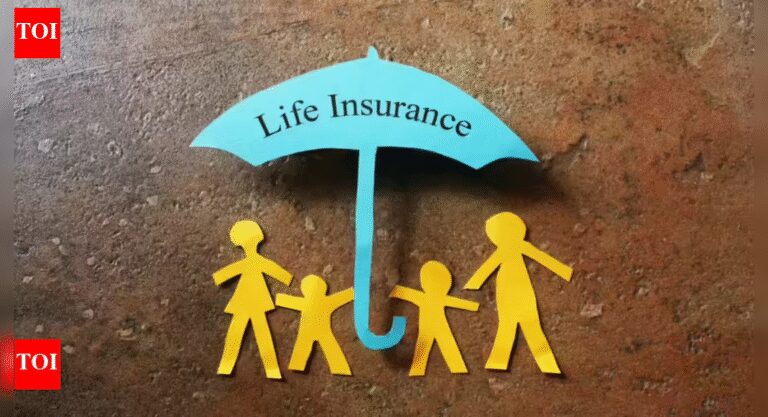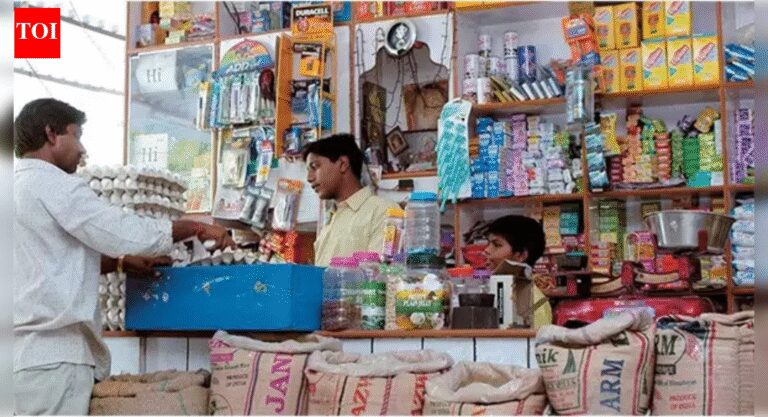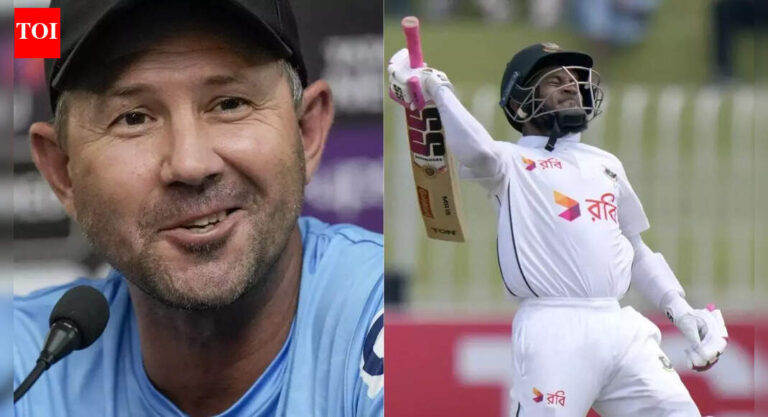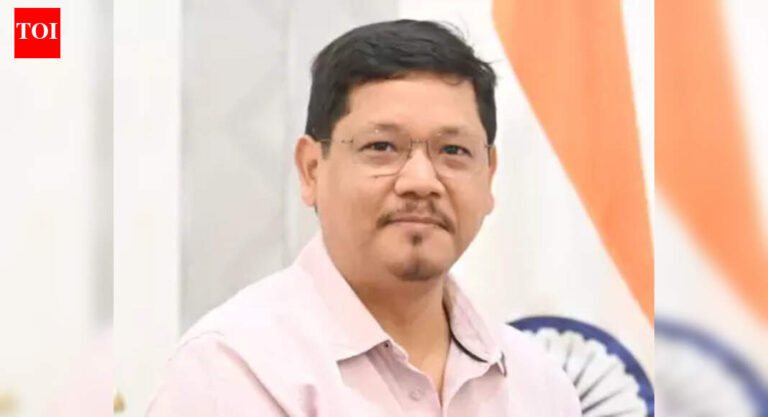
The government is considering a plan to allow global tenders for a wide range of patented medicines — spanning weight-loss, cancer, cardiac and diabetes treatments — to support procurement for central healthcare agencies such as the armed forces’ medical services and the Employees’ State Insurance Corporation (ESIS).The plan is aimed at securing essential treatments that are either not produced in India or available only in limited quantities, reported ET.The list under review features over 65 patented and proprietary formulations — among them semaglutide and tirzepatide for obesity and type-2 diabetes, as well as evolocumab, used to treat high cholesterol in diabetic patients — underscoring areas where local manufacturing is insufficient.While existing procurement rules restrict global tenders for purchases valued below Rs 200 crore to support domestic industry, exceptions can be made when local supply falls short or urgent public demand arises. The government has already waived this restriction for 128 medicines and vaccines until March 2027 or further orders, and the fresh proposals would expand that exemption.According to a notice issued on November 21, the Department of Pharmaceuticals (DoP) has received submissions from the Directorate General of Armed Forces Medical Services (DGAFMS) and the Indian Council of Medical Research requesting that these drugs be added to the global tender exemption list or freed from the requirement to identify domestic producers.The DoP has asked Indian manufacturers to file objections by December 5, specifically on whether these medicines can be produced locally. It has also sought feedback on several products yet to be introduced, following inputs from the pharmaceutical industry. Agencies such as ESIS and DGAFMS have separately sought nine particular formulations, and vaccines are also part of the list.People familiar with the matter said the DoP, together with the health and finance ministries, has been deliberating on the issue for a while. After a final decision is reached, the Department of Expenditure will release the official tender notification.“The ultimate beneficiary will be the patient for they will have timely access to critical treatments,” a senior official said, as quoted by ET.








